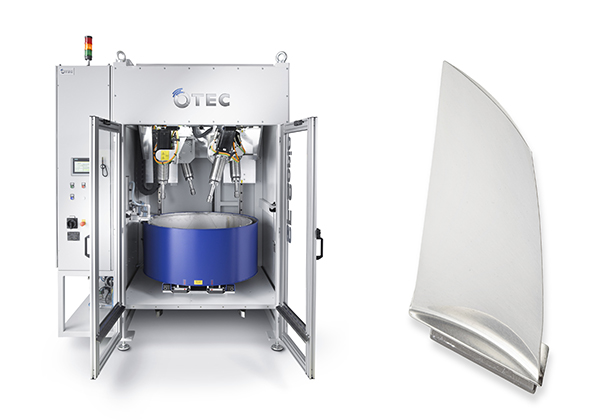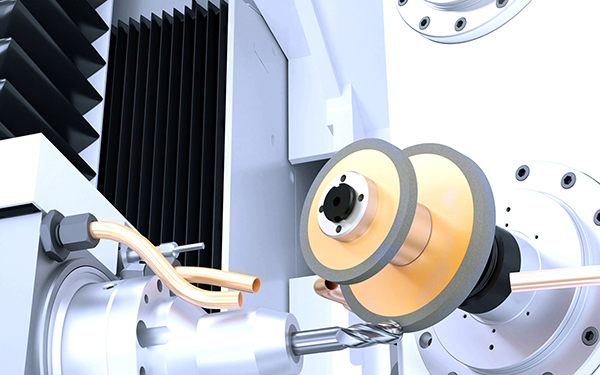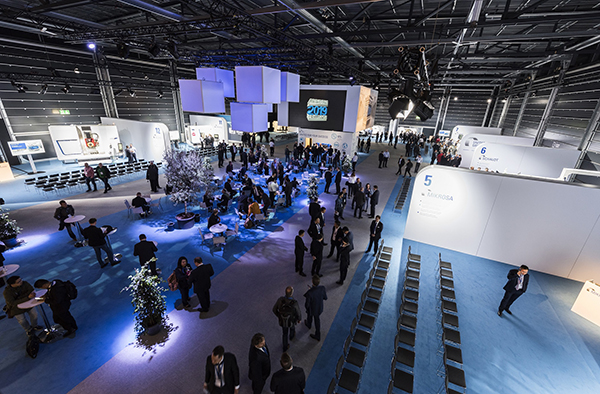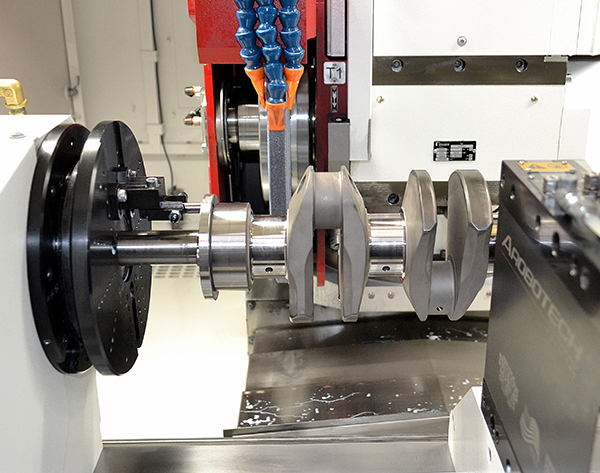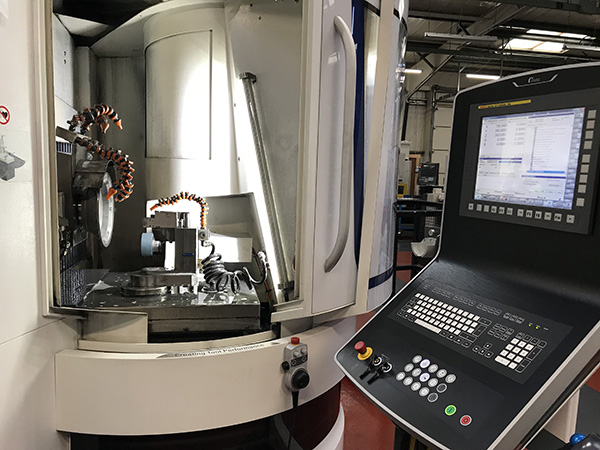GE certification for mass surface finishing has been gained by Fintek. Adding to its existing AS9100 and AS9001, the new certificate is an important milestone for the company as it continues to expand its subcontract surface finishing services in the aerospace sector.

Fintek is engaged in pioneering work with several aerospace component manufacturers, working closely with them to eliminate production bottlenecks where hand and traditional finishing methods are not able to achieve higher quality surface finishing requirements in shorter times.
Of particular concern for many aerospace parts manufacturers is the unseen damage caused by manual deburring using small power tools. These can sometimes cause accidental nicks that lead to fatigue, possibly with catastrophic consequences. Another hand-finishing issue is missed burrs that are subsequently peened over. Again, peened burrs can become sources of component failure.
Key in addressing these issues has been the introduction of controllable stream-finishing systems by OTEC Präzisionsfinish. Fintek, which represents OTEC in the UK, has been able to develop special processes to dramatically improve the efficiency and, importantly, the quality of surface finishing for aerospace manufacturers. Typical components benefiting from superior and more consistent surface finishing includes turbine blades, extremely thin parts, gear wheels, fasteners and even cutting tools.
To accommodate additional stream finishing units and meet demand for these processes, Fintek is planning to extend its existing facility.
“These are exciting times as much of the R&D work we have undertaken with Formula One teams is proving to be adaptable to aerospace, and we can offer manufacturers mass-finishing options to boost productivity and quality where previously they did not exist,” says Jonathan Dean, managing director. “GE certification is another step forward for us.”
For further information www.fintek.co.uk




